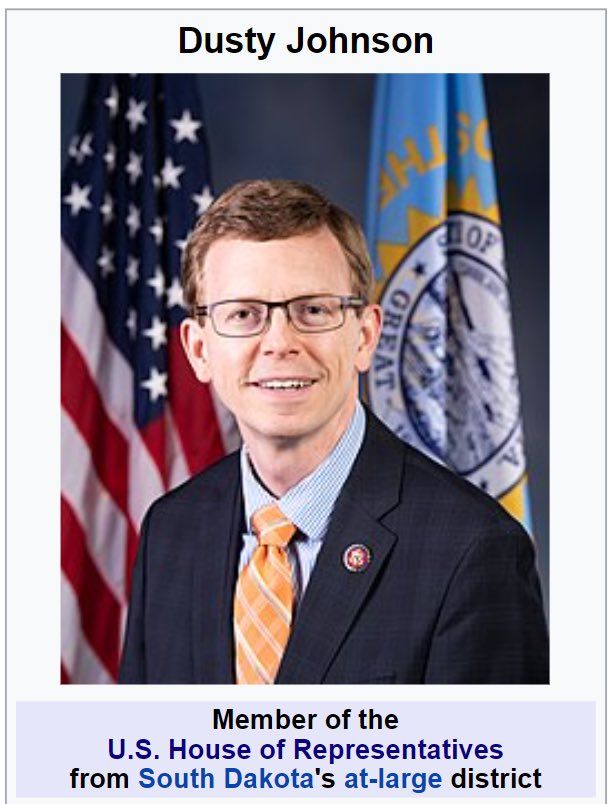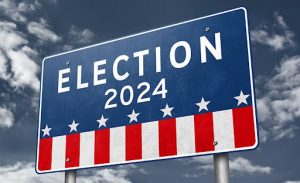U.S. Rep. Dusty Johnson of South Dakota announced Monday he is seeking reelection to a third term.
The 45-year-old Republican announced his run for the state’s lone House seat in a statement that touted his conservative record and effectiveness on agriculture policy. He is facing a primary challenge from state lawmaker Rep. Taffy Howard, who is running to his political right. Democrats have not announced a candidate.
“I’ve kept my promises, and that’s why I’m the right person to continue fighting for South Dakota in the U.S. House,” Johnson said.
Also Read: John James announces run for Michigan congressional seat
Johnson has over $2 million in campaign funds at his disposal, while Howard has $114,000 in cash on hand.
The congressman has frequently touted his work with a bipartisan group in the U.S. House known as the “Problem Solvers Caucus.” At times, he’s resisted former President Donald Trump’s sway on the GOP, voting last year to certify the results of the 2020 election, as well as to keep Rep. Liz Cheney, of Wyoming, in GOP House leadership.
“I think my colleagues appreciate the fact that I’m a workhorse rather than a show horse,” Johnson told The Associated Press, contrasting his political style with those he says have become partisan “bomb-throwers.”
Also Read: Liz Cheney fears repeat of Captiol Hill riots if Trump returns to power
As his campaign rolled out, Johnson focused on issues that appeal to conservative voters, pointing out his opposition to Democratic proposals, votes to increase immigration enforcement at the U.S. border with Mexico and high ratings on conservative organizations’ voting scorecards. He voted against President Biden’s sweeping infrastructure bill that was signed into law in November.
Touting his record as a fiscal conservative, he said that he believes high levels of government spending have contributed to inflation.
But Johnson also made it clear that a primary challenge would not transform him into a flame-throwing politician on the campaign trail. Instead, he’s aiming to engage young voters.
“They want elected officials to focus on solutions,” he said. “They are tired of all the yelling and howling.”







